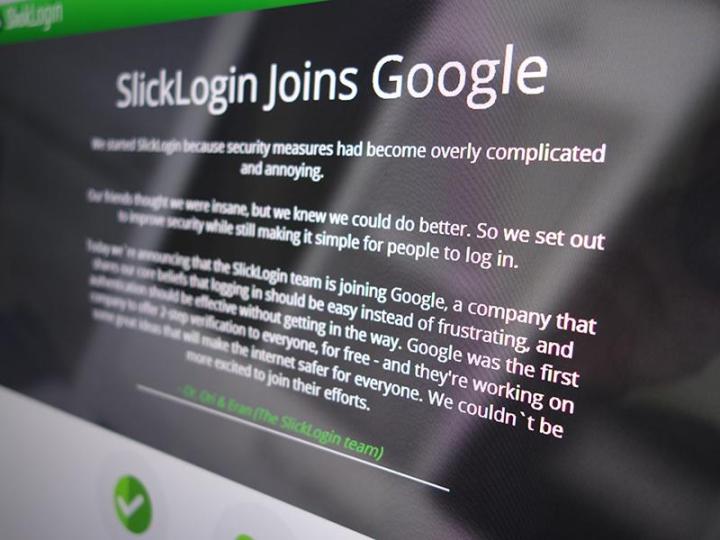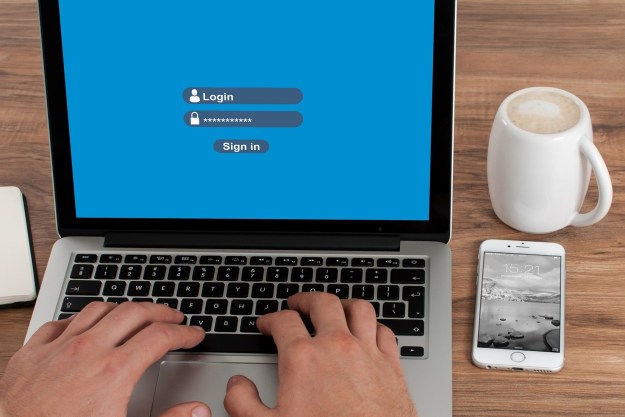
A mere five months after it launched, sound-based password company SlickLogin has been acquired by Google, according to a notice posted on the company’s site. The news means that you might be logging into your Android phone or Chrome browser using sound waves in the not-too-distant future.
“Today we’re announcing that the SlickLogin team is joining Google,” runs the official statement, “a company that shares our core beliefs that logging in should be easy instead of frustrating, and authentication should be effective without getting in the way.”
“Google was the first company to offer two-step verification to everyone, for free — and they’re working on some great ideas that will make the internet safer for everyone. We couldn’t be more excited to join their efforts.”
Details of the deal and how much Google has paid for the startup haven’t been released yet. As TechCrunch reports, SlickLogin was still in its beta testing stage and hadn’t opened its doors to the public when it was acquired.
So how does it work? When you click to log in to a site, the SlickLogin widget plays a unique sound through your computer speakers. An app running on your phone then picks up and analyzes this sound, pinging back a response that confirms your identity. It’s a slightly more straightforward version of existing two-step verification technology.
SlickLogin’s founders built the service to be used as a password replacement or as an extra layer of security on top of your existing password. Don’t be surprised to see the SlickLogin technology pop up in Gmail or Google+ soon.
Editors' Recommendations
- How to add audio or video to Google Slides
- Fake AI images are showing up in Google search — and it’s a problem
- Google is creating ‘internet surveillance DRM,’ critics say
- Google just made this vital Gmail security tool completely free
- Half of Google Chrome extensions may be collecting your personal data


